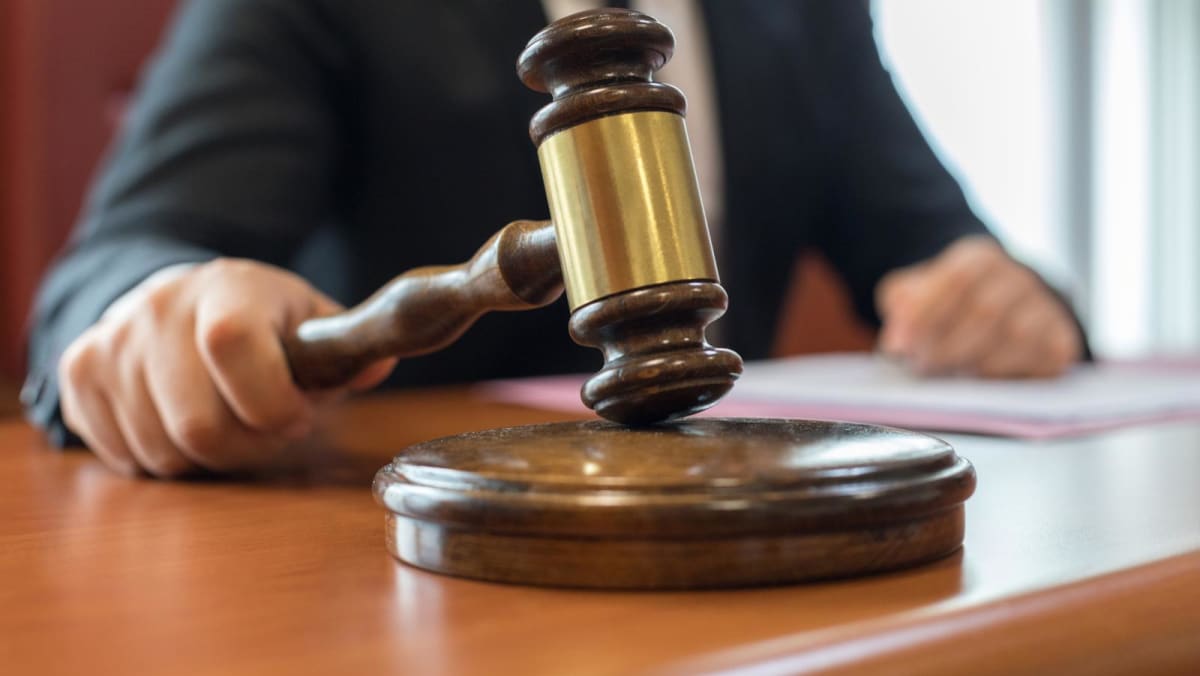A HEALTHY LEGAL SYSTEM REQUIRES RELIABLE MCS
MCs may also be used by some as an excuse for certain obligations under the law.
For example, individuals under drug supervision programmes are often required to undergo routine urine tests at the Central Narcotics Bureau (CNB), often weekly or twice weekly.
Failing to do so constitutes an offence, unless the supervisee provides a valid reason for his absence, such as illness, supported by an MC.
This would also apply to individuals who are required to routinely report to a police station as part of their bail conditions, or attend court hearings, although the MC would need to specifically excuse the patient from court proceedings, which is anecdotally rarely given.
The gravity with which the courts view fraudulently obtained MCs is shown through the consequences meted for such conduct. In 2017, a lawyer known as S K Kumar was disbarred for, amongst other things, advising his client to obtain a medical memo under false pretences to justify his client’s absence from a court hearing in 2014. Mr Kumar had done so because he forgot to inform his client that there was a hearing fixed on that day for his case.
While the medical memo was not eventually tendered to court, the fact he had advised his client to obtain one fraudulently eventually became a basis for causing the lawyer to be struck off.
Seen in this light, the ease at which patients may obtain MCs from telemedicine providers raises risks beyond the workplace, given how the courts rely heavily on MCs in dispensing justice.
More than simply allowing an employee to be excused from work, MCs carry other legal implications that affect the life and liberty of others.
Mark Yeo is a Director at Fortress Law Corporation. He was formerly a Deputy Public Prosecutor with the Attorney-General’s Chambers.

